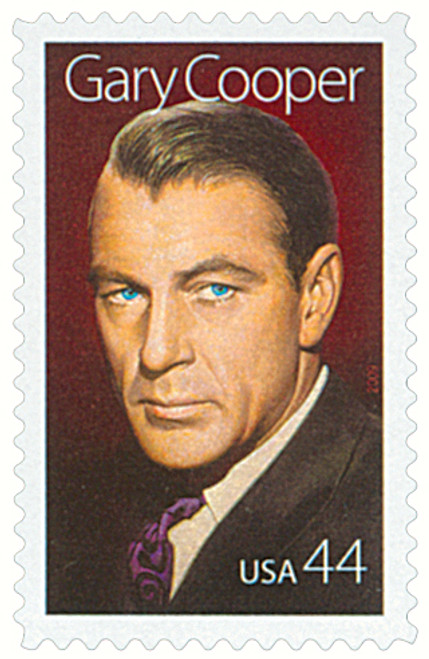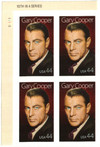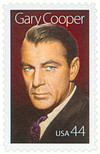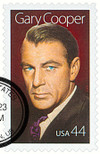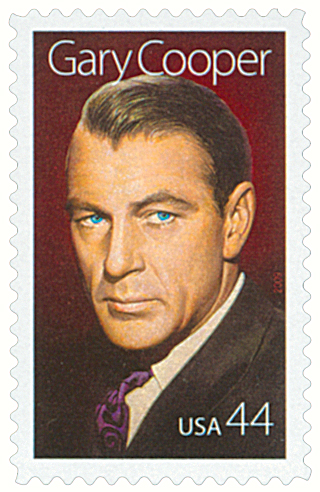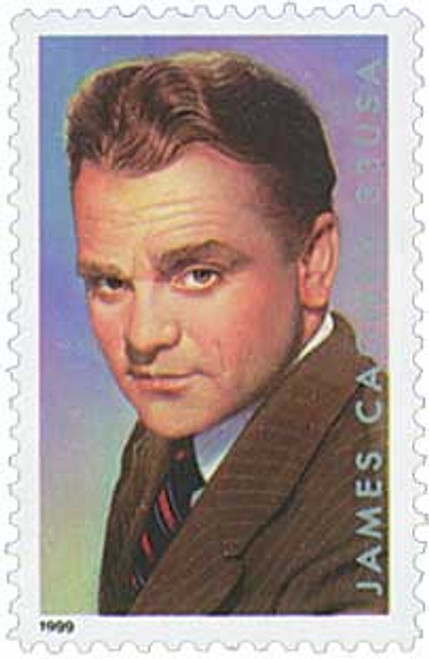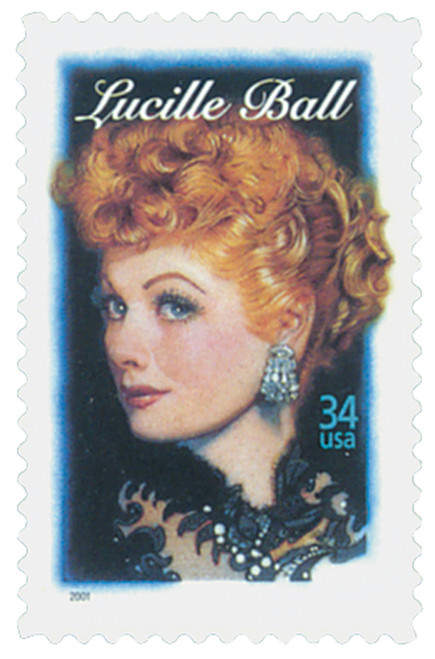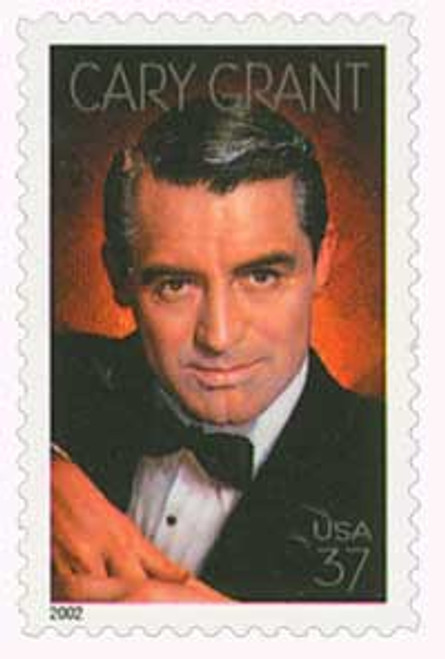
# 4421 - 2009 44c Legends of Hollywood: Gary Cooper
Gary Cooper
Legends of Hollywood
Issue Date: September 10, 2009
City: Los Angeles, CA
Birth of Gary Cooper
Cooper’s family had a cattle ranch outside of town where they spent their summers riding horses, hunting, and fishing. In 1909 Cooper and his brothers traveled to England to attend grammar school.
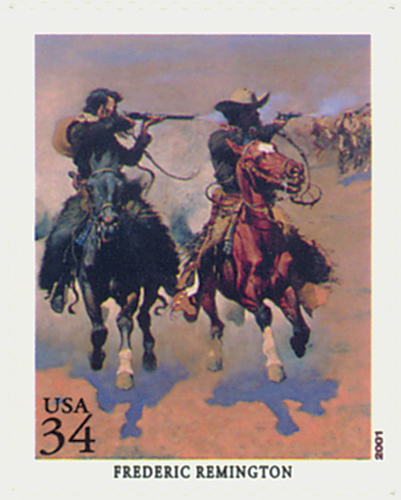
After returning to America, Cooper attended high school for two years before dropping out to work full-time as a cowboy. He eventually returned to school and joined the debate team and drama program. Cooper was also interested in art, inspired by the works of Charles Marion Russell and Frederic Remington. He eventually decided to become an artist and went to college for that. Though he did try out for the college’s drama club, he wasn’t accepted. His artwork however, was hung throughout the dormitory and he was made art editor of the yearbook.
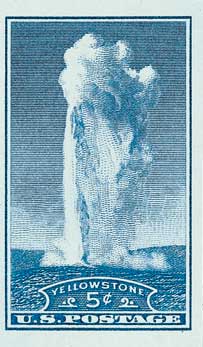
During his summers, Cooper worked as tour guide at Yellowstone National Park. He then abruptly left school to find work as an artist in Chicago. When that didn’t pan out he returned to Helena and sold editorial cartoons to the local newspaper. Then in 1924 his parents moved to Los Angeles for work and convinced him to join them. He worked a variety of odd jobs before reconnecting with friends from Montana. They had been working as film extras and stunt riders in low-budget Westerns. Cooper’s friends eventually took him to a casting director who offered him work. Cooper initially planned to take the job just to make enough money to pay for an art course.
Cooper’s film career began in 1925 when he appeared in the silent movies The Thundering Herd, Wild Horse Mesa, Riders of the Purple Sage, The Lucky Horseshoe, and The Trail Rider. Over time Cooper found the stunt work to be tough, as it often led to injuries. He decided to seek greater acting roles and arranged for a screen test. Because there were other actors known as “Frank Cooper,” he changed his name to Gary, after his agent’s hometown of Gary, Indiana.
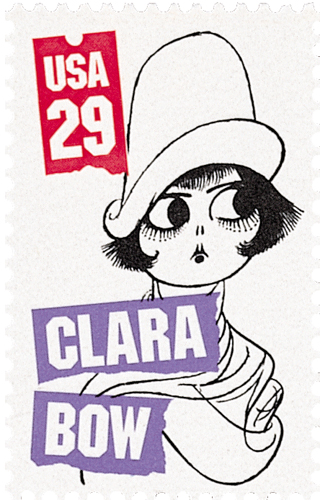
Soon Cooper found roles in non-Westerns, including The Eagle, Ben-Hur, and The Johnstown Flood. These led to larger, credited roles in such films as Tricks and Lightnin’ Wins. Because of his experience as a cowboy, he brought an authenticity to his performance in The Winning of Barbara Worth. The film was a major success and critics praised Cooper as a “dynamic new personality” and rising star. He soon signed a contract with Paramount Pictures and got high-profile roles in Children of Divorce and Wings with Clara Bow.
Cooper became a star with his first sound film, The Virginian. He acted mainly in action films and comedies. Cooper was offered the male lead in Gone with the Wind, but turned it down because he thought the film would be “the biggest flop in Hollywood history.” In spite of that faulty prediction, his career didn’t suffer. He starred with some of Hollywood’s most famous actresses such as Marlene Dietrich, Ingrid Bergman, and Audrey Hepburn.
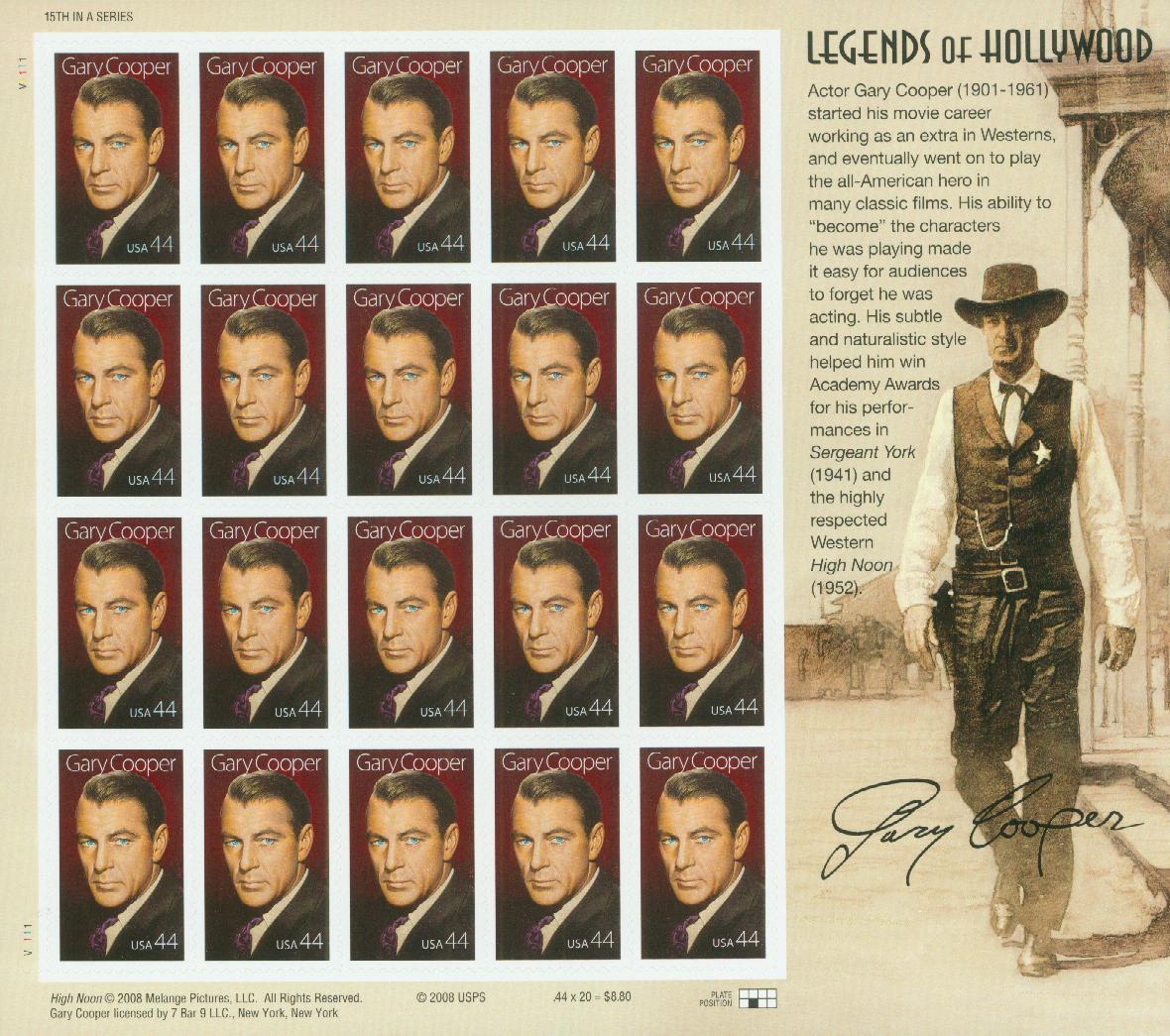
Gary Cooper’s reputation as a versatile actor grew, and in 1942, he was awarded an Academy Award for Best Actor for his portrayal of World War I hero Sergeant Alvin York. His second Oscar came in 1952 for what many considered his greatest role, Marshal Will Kane in High Noon.
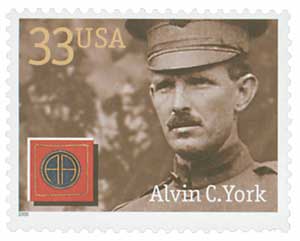
In April 1961, Cooper won a Lifetime Achievement Oscar, but was too ill to attend the ceremony. His good friend James Stewart accepted the award on his behalf. Cooper died a month later on May 13, but his legacy is preserved on film. Cooper is regarded as one of Hollywood’s all-time leading actors, winning two Oscars for Best Actor. The American Film Institute ranked him 11th “Top Male Star.”
Click here for a selection of Gary Cooper videos.
Gary Cooper
Legends of Hollywood
Issue Date: September 10, 2009
City: Los Angeles, CA
Birth of Gary Cooper
Cooper’s family had a cattle ranch outside of town where they spent their summers riding horses, hunting, and fishing. In 1909 Cooper and his brothers traveled to England to attend grammar school.

After returning to America, Cooper attended high school for two years before dropping out to work full-time as a cowboy. He eventually returned to school and joined the debate team and drama program. Cooper was also interested in art, inspired by the works of Charles Marion Russell and Frederic Remington. He eventually decided to become an artist and went to college for that. Though he did try out for the college’s drama club, he wasn’t accepted. His artwork however, was hung throughout the dormitory and he was made art editor of the yearbook.

During his summers, Cooper worked as tour guide at Yellowstone National Park. He then abruptly left school to find work as an artist in Chicago. When that didn’t pan out he returned to Helena and sold editorial cartoons to the local newspaper. Then in 1924 his parents moved to Los Angeles for work and convinced him to join them. He worked a variety of odd jobs before reconnecting with friends from Montana. They had been working as film extras and stunt riders in low-budget Westerns. Cooper’s friends eventually took him to a casting director who offered him work. Cooper initially planned to take the job just to make enough money to pay for an art course.
Cooper’s film career began in 1925 when he appeared in the silent movies The Thundering Herd, Wild Horse Mesa, Riders of the Purple Sage, The Lucky Horseshoe, and The Trail Rider. Over time Cooper found the stunt work to be tough, as it often led to injuries. He decided to seek greater acting roles and arranged for a screen test. Because there were other actors known as “Frank Cooper,” he changed his name to Gary, after his agent’s hometown of Gary, Indiana.

Soon Cooper found roles in non-Westerns, including The Eagle, Ben-Hur, and The Johnstown Flood. These led to larger, credited roles in such films as Tricks and Lightnin’ Wins. Because of his experience as a cowboy, he brought an authenticity to his performance in The Winning of Barbara Worth. The film was a major success and critics praised Cooper as a “dynamic new personality” and rising star. He soon signed a contract with Paramount Pictures and got high-profile roles in Children of Divorce and Wings with Clara Bow.
Cooper became a star with his first sound film, The Virginian. He acted mainly in action films and comedies. Cooper was offered the male lead in Gone with the Wind, but turned it down because he thought the film would be “the biggest flop in Hollywood history.” In spite of that faulty prediction, his career didn’t suffer. He starred with some of Hollywood’s most famous actresses such as Marlene Dietrich, Ingrid Bergman, and Audrey Hepburn.

Gary Cooper’s reputation as a versatile actor grew, and in 1942, he was awarded an Academy Award for Best Actor for his portrayal of World War I hero Sergeant Alvin York. His second Oscar came in 1952 for what many considered his greatest role, Marshal Will Kane in High Noon.

In April 1961, Cooper won a Lifetime Achievement Oscar, but was too ill to attend the ceremony. His good friend James Stewart accepted the award on his behalf. Cooper died a month later on May 13, but his legacy is preserved on film. Cooper is regarded as one of Hollywood’s all-time leading actors, winning two Oscars for Best Actor. The American Film Institute ranked him 11th “Top Male Star.”
Click here for a selection of Gary Cooper videos.

